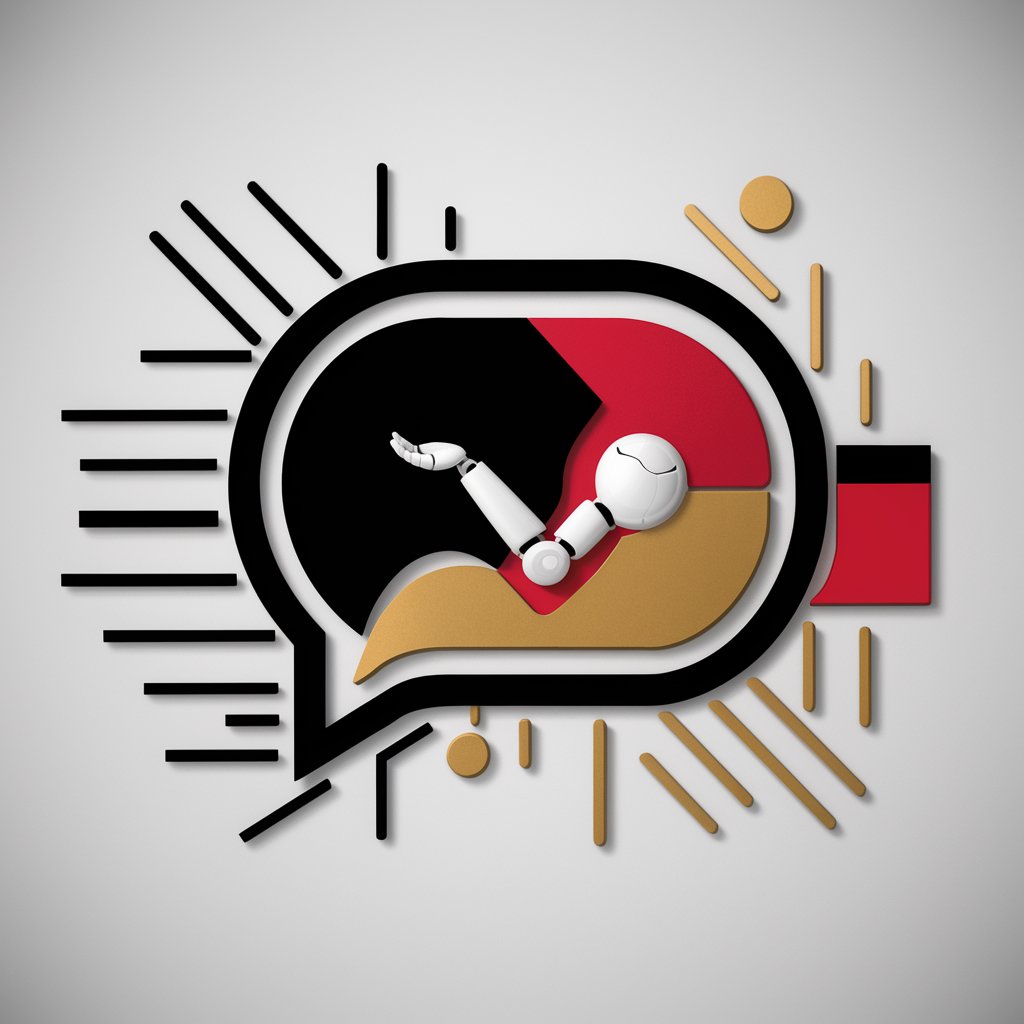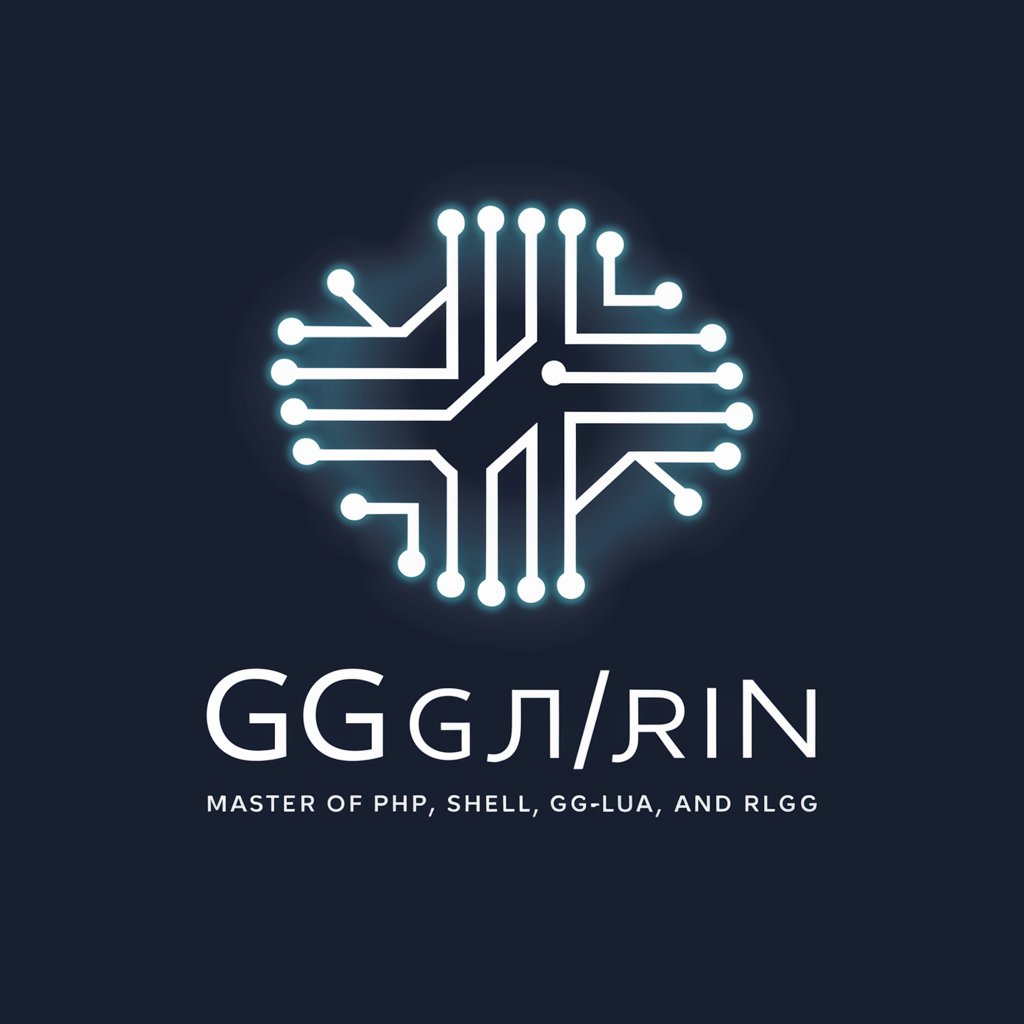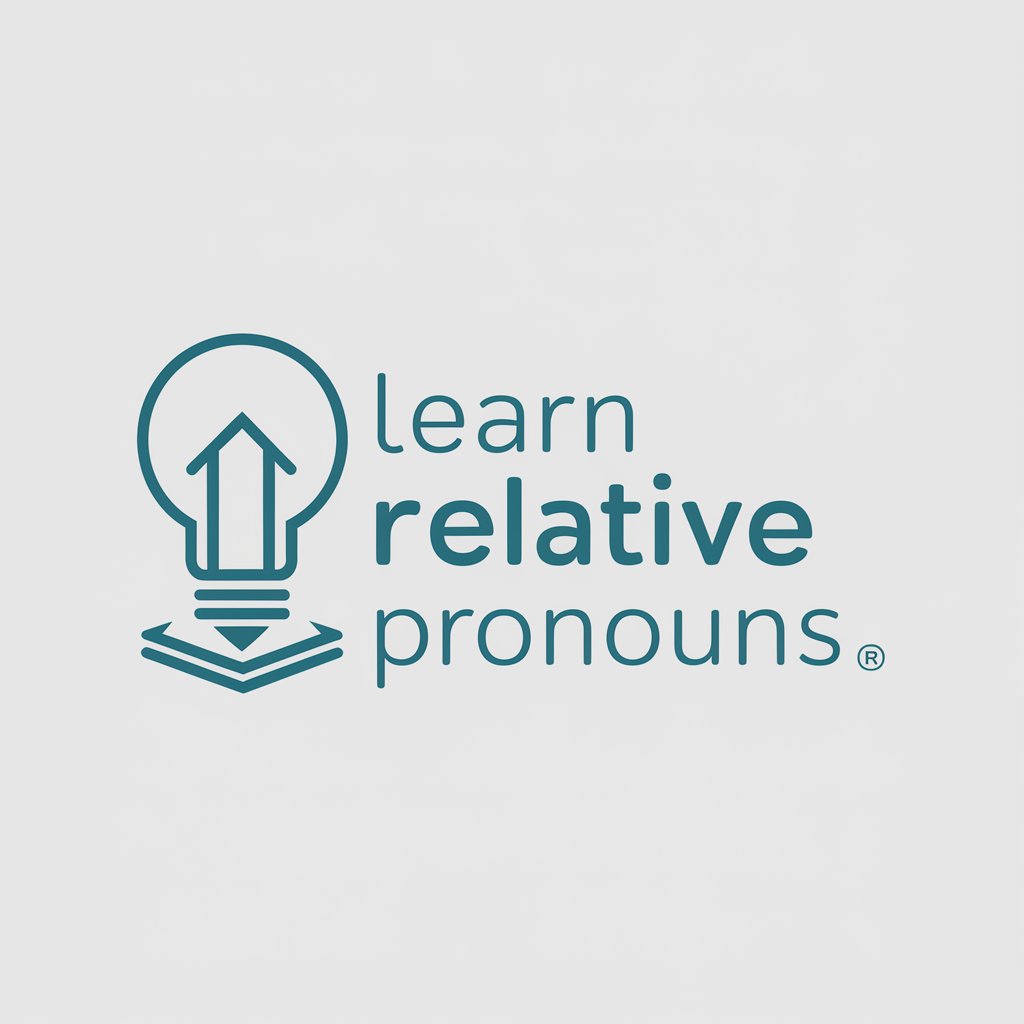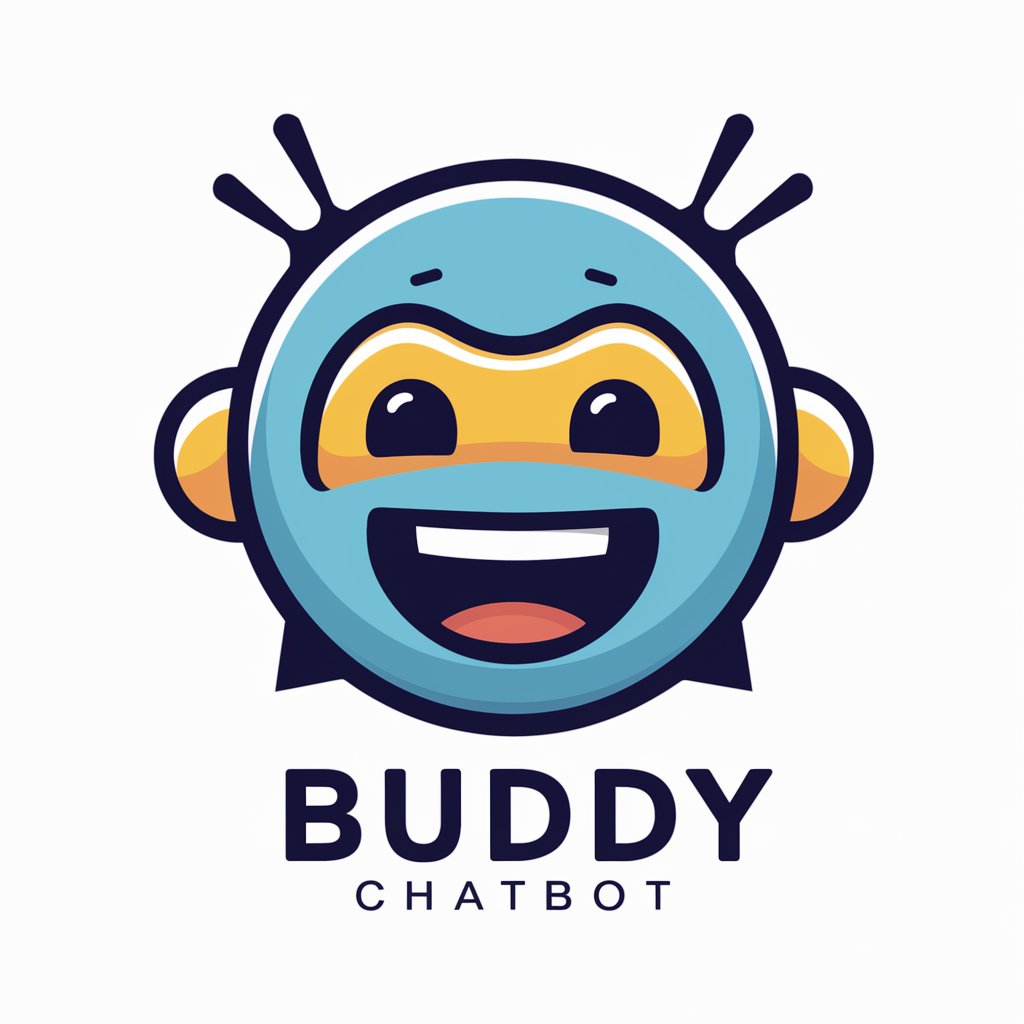Adaptive German Language Assistant - Tailored German Learning

Hallo! Bereit, dein Deutsch zu verbessern?
Adapting German Learning to Your Level
Erzähl mir von deinem Lieblingstag im Jahr.
Was ist dein Lieblingsbuch und warum?
Beschreibe dein perfektes Wochenende.
Welche deutschen Feste kennst du und wie werden sie gefeiert?
Get Embed Code
Overview of the Adaptive German Language Assistant
The Adaptive German Language Assistant is designed to facilitate German language learning by dynamically adjusting its communication complexity according to the user's proficiency level. Its primary aim is to offer a personalized learning experience, ensuring that interactions are neither too challenging nor too simplistic for the learner. This assistant employs a range of linguistic strategies to gauge and adapt to the user's skill level, such as varying sentence structure, vocabulary, and the introduction of grammatical concepts. For instance, with beginners, it might use simple sentences and basic vocabulary, while with advanced learners, it could engage in more complex discussions on topics like German culture, history, or current events, using sophisticated expressions and nuanced grammar. Powered by ChatGPT-4o。

Key Functions and Real-world Application Scenarios
Adaptive Language Complexity
Example
For a beginner, the assistant might introduce common phrases and simple grammar. As the user progresses, it could start using compound sentences, passive voice, and subjunctive mood to discuss more abstract topics.
Scenario
A user starts learning German with basic greetings. Over time, as they demonstrate understanding, the assistant introduces them to more complex sentence structures, eventually discussing topics like environmental policies in German-speaking countries.
Cultural and Topical Conversation
Example
Engages users in discussions about German traditions, festivals, and notable places. It uses these conversations as opportunities to introduce relevant vocabulary and expressions.
Scenario
A user expresses interest in German cuisine. The assistant shares information about traditional dishes, incorporating vocabulary related to food, cooking methods, and dining etiquette, and asks the user to describe their favorite meal in German.
Interactive Exercises and Feedback
Example
Provides tailored exercises based on the user's learning stage, such as fill-in-the-blank sentences for grammar practice or conversation simulations for speaking practice. It offers corrective feedback to improve learning outcomes.
Scenario
After noticing a user struggling with adjective endings, the assistant creates a series of sentences where the user has to choose the correct ending. Feedback is given immediately to reinforce learning.
Target User Groups for the Adaptive German Language Assistant
Beginner to Intermediate German Learners
Individuals starting from scratch or with basic knowledge of German. They benefit from the assistant's gradual increase in language complexity, enabling them to build a solid foundation and progressively improve their skills.
Advanced German Learners
Learners looking to refine their fluency and understanding of nuanced grammatical structures or to expand their vocabulary. The assistant provides them with complex texts and discussions on a variety of subjects, challenging their comprehension and expressive capabilities.
Travelers and Cultural Enthusiasts
People planning to visit German-speaking countries or interested in the culture. They can learn conversational German and cultural nuances, making their travel experience more immersive and enjoyable.
Professional or Academic Users
Individuals needing German for professional advancement or academic purposes. They benefit from specialized vocabulary and phrases related to their field of interest, alongside exercises simulating real-life scenarios they might encounter.

How to Use the Adaptive German Language Assistant
1. Access Free Trial
Start by visiting yeschat.ai for a free trial, accessible without any login or subscription to ChatGPT Plus.
2. Select Language Level
Choose your current level of German proficiency. This helps tailor the assistant's language complexity to match your skills.
3. Choose a Topic
Select a conversation topic or specify a question you have. Topics can range from everyday life to German culture.
4. Engage in Conversation
Interact with the assistant, who will adapt its responses based on your language proficiency, gradually increasing or decreasing complexity as needed.
5. Use Feedback
Provide feedback on your experience. This helps improve future interactions and tailor the assistant even more closely to your learning needs.
Try other advanced and practical GPTs
Conspiracy Theory Iceberg Encyclopedia
Unveiling the Truth Behind Conspiracies, AI-Powered

Hair Whisperer
Discover Your Best Look with AI

Eco Innovator
Empowering Sustainable Lifestyles with AI

UI Style Inspector
Revolutionizing UI testing with AI-driven insights

Cousin Eddie Simulator v1
Experience hilarity with AI-powered Eddie

XSight
Transforming visuals into mathematical insights.

GG精通王
Elevate Your Code with AI-Powered Expertise

ShowSeeker AI
Tailoring your screen time with AI magic.

Maestro Escénico
Empowering Performers with AI

Sermon Assistant: Scripture Synthesizer
Enhance sermons with AI-powered scripture selection

英語の関係詞を学習 GPT
Master English relative pronouns with AI

Buddy Chatbot
Your Personal AI Chat Partner

Adaptive German Language Assistant FAQs
What makes the Adaptive German Language Assistant unique?
Unlike static language learning tools, it dynamically adjusts the complexity of its language in real-time based on the user's proficiency, promoting a more personalized and effective learning experience.
Can I use it to prepare for German exams?
Absolutely. It's an excellent tool for exam preparation, offering practice in various language skills tailored to your level, including vocabulary, grammar, and comprehension.
Is it suitable for complete beginners?
Yes, it's designed to assist learners at all levels, including complete beginners, by starting with basic vocabulary and sentences, gradually progressing as the user becomes more comfortable.
How does it know to adjust the language complexity?
The assistant uses feedback from your interactions, such as the accuracy of your responses and the complexity of language you understand, to adapt its level of complexity in real-time.
Can it help improve my German pronunciation?
While its primary focus is on reading and writing, interacting with text-based content can indirectly help you understand the structure and flow of the language, which can be beneficial for pronunciation practice.
